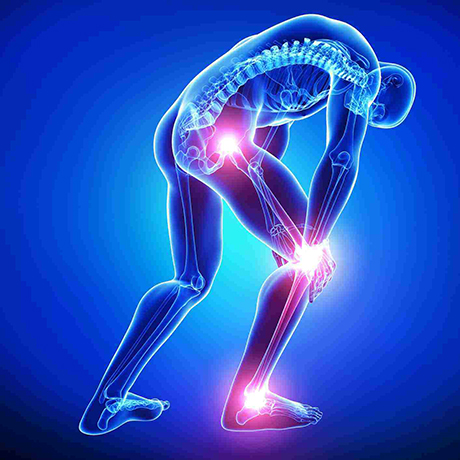Enhancing Rehabilitation Outcomes Via Effective Practical Movement Screening Guidelines
Functional Movement Assessment (FMS) is a valuable tool used to evaluate an individual's mobility patterns. This assessment helps identify any weaknesses or discrepancies in the body, which can result to harm if not addressed. In recovery contexts, FMS can serve a critical role in improving rehabilitation results. By understanding how each person navigates, healthcare professionals can develop focused recovery programs that concentrate on enhancing power, mobility, and overall performance.One of the main benefits of using FMS in rehabilitation is its capability to pinpoint particular areas that need improvement. For instance, if a patient has difficulty with squatting or lunge movements, it may suggest a lack of flexibility in their hips or ankle joints. This data allows therapists to formulate customized exercise regimens that highlight correcting these shortcomings. As a consequence, patients are more likely to recover their power and functionality, which is crucial for returning to daily activities or athletics.

Incorporating effective FMS procedures can also help prevent future harm. Many damages happen due to inefficient mobility mechanics or excessive use of specific muscle clusters. By screening patients before they begin a recovery program, therapists can identify risks and establish approaches to reduce them. Informing patients about proper movement mechanics and strengthening weak aspects can lead to long-term benefits, promoting that they remain active and fit.
Moreover, the use of FMS can enhance dialogue between healthcare providers and clients. When patients see their mobility patterns assessed and clarified, they gain a better understanding of their recovery process. This transparency builds confidence and encourages patients to take an engaged part in their rehabilitation. By engaging patients in their recovery process, they are more likely to adhere to recommended exercises and lifestyle adjustments that support better outcomes.
In summary, improving recovery results through effective operational mobility screening procedures is essential for both patients and healthcare providers. By precisely evaluating movement patterns, click clinicians can create tailored rehabilitation plans that meet specific requirements. This not only aids in recovery but also assists prevent future injuries. As patients become more involved in Related Site their rehabilitation journey, they are likely to attain their objectives and maintain a fit, active lifestyle.